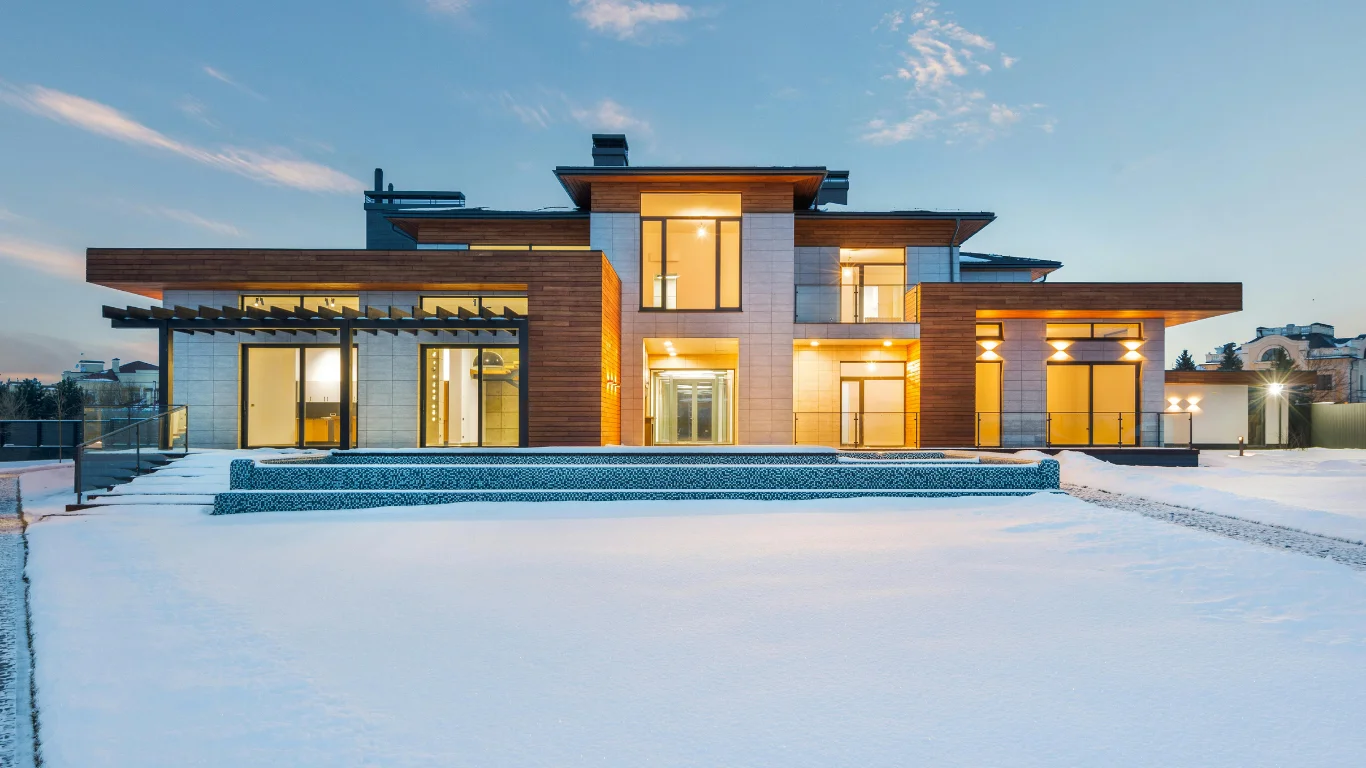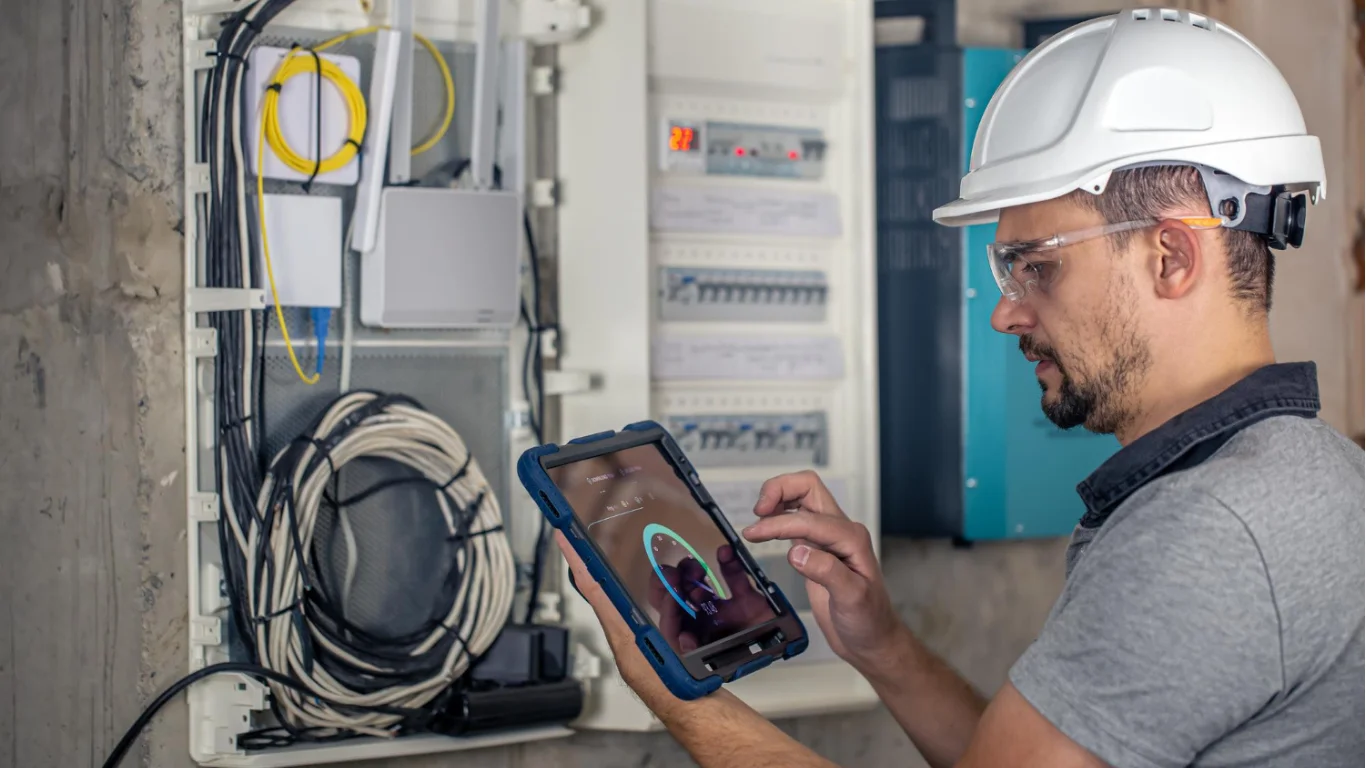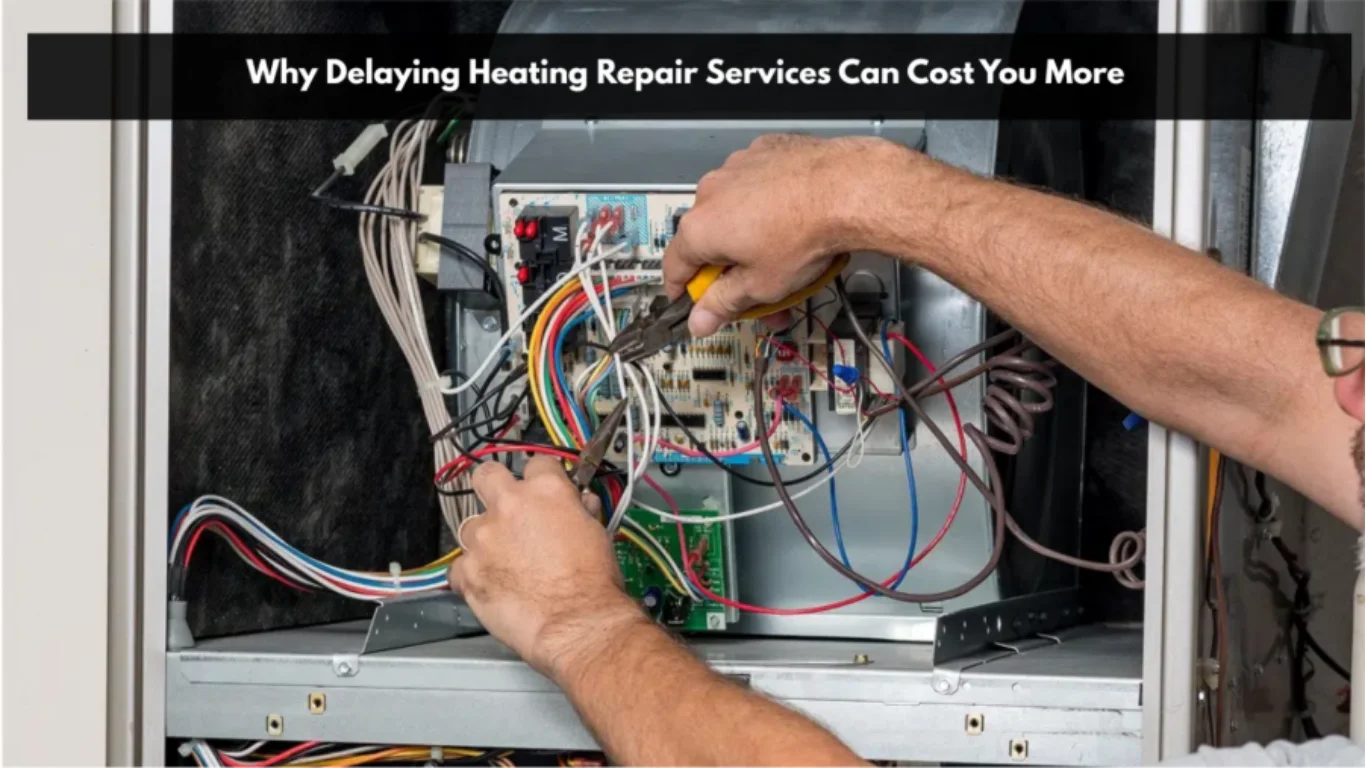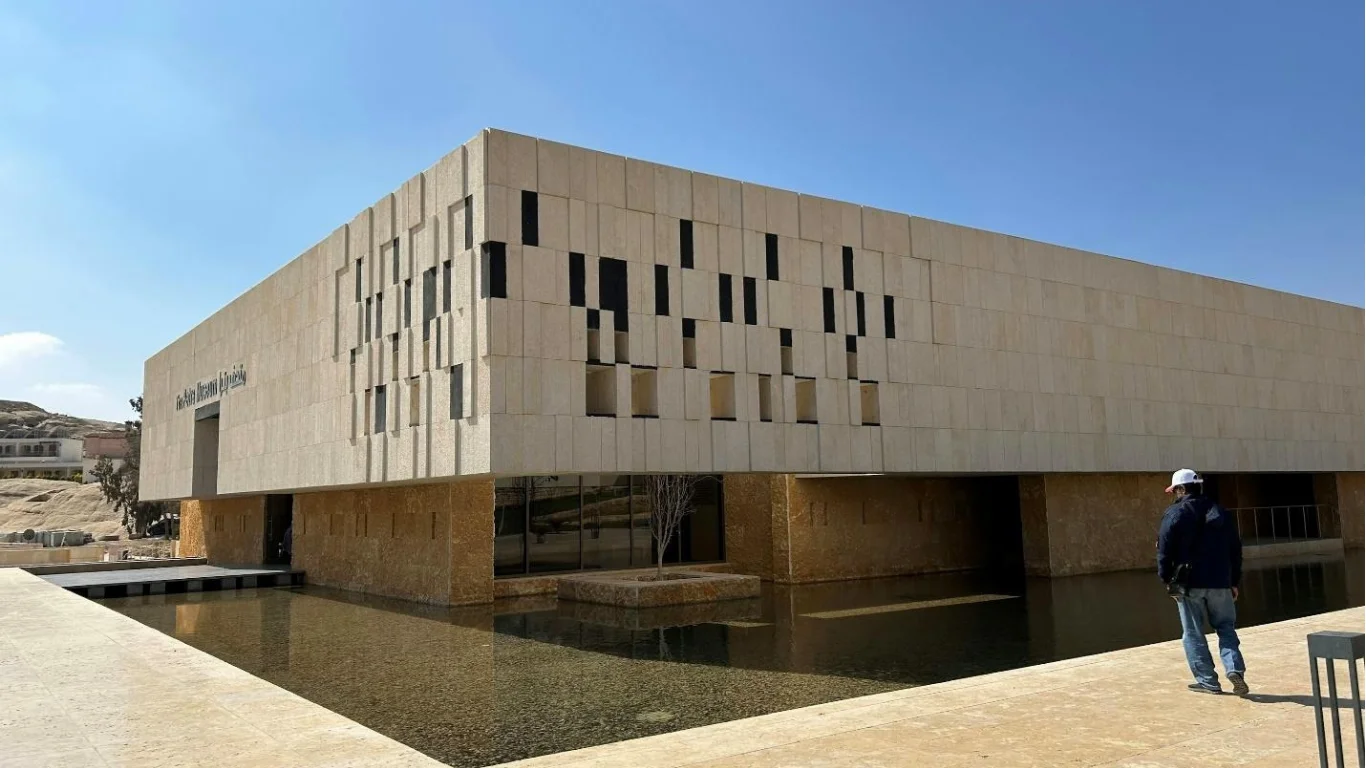Winter in Brooklyn can sneak up fast. One week you’re enjoying a crisp fall breeze, and the next you’re reaching for your thermostat and hoping your heating system is ready to go. If you live in neighborhoods like Dyker Heights, Bay Ridge, or Bensonhurst, you already know how quickly the cold settles in once December hits. The city’s mix of older homes and newer renovations makes heating maintenance even more important. Preparing your home before temperatures drop helps you stay warm, protect your system, and avoid emergency repairs when the cold is at its worst.
Let’s look at some simple but effective maintenance tips that every homeowner should follow before winter begins.
Schedule a Professional Heating Inspection
The first and most important step is scheduling a professional heating inspection. Before winter arrives, it’s smart to have an HVAC technician check your system to make sure everything is running safely and efficiently. Even if your furnace or boiler seems to be working fine, small problems can go unnoticed until they cause bigger issues later in the season.
During a typical inspection, a technician checks your filters, burners, and air ducts, and makes sure your thermostat is calibrated correctly. They’ll look for any signs of wear, leaks, or buildup that could affect performance. A professional inspection not only improves efficiency but also ensures your system is safe for everyday use.
If you’ve been thinking about improving your home’s energy efficiency, this is also the right time to ask about modern upgrades. You can get a professional for tankless water heater installation in Dyker Heights, NY, if you want a system that provides hot water on demand and uses less energy. A tankless unit also takes up less space and helps lower your monthly utility costs. Bringing this up during your inspection lets you explore upgrades that make your home more efficient before the cold sets in.
Replace or Clean Air Filters
Air filters are one of the simplest yet most important parts of your heating system. When filters get clogged with dust, dirt, and pet hair, your system has to work harder to push warm air through. This leads to higher energy use, uneven heating, and unnecessary strain on your furnace.
Make it a habit to check your air filters every month during winter. If they look dirty, replace them right away. Most homes do well with standard filters, but if someone in your household has allergies, consider upgrading to a high-efficiency filter. This small maintenance step can make a noticeable difference in how your home feels. You’ll enjoy cleaner air, better airflow, and more consistent warmth.
Test Your Thermostat and Upgrade if Needed
Your thermostat controls your comfort and your energy usage. Before the cold hits, test your thermostat to make sure it’s reading temperatures correctly and responding when you adjust it. If you notice delays or inconsistent heating, it might be time for an upgrade.
Smart thermostats are a simple and effective way to improve comfort and efficiency. They allow you to set schedules, adjust temperatures remotely, and even learn your heating habits over time. A newer model helps you maintain steady warmth while preventing your system from overworking.
If your current thermostat is outdated or unreliable, upgrading now will make your home more comfortable and help you save on energy costs this winter.
Check and Bleed Radiators or Baseboard Heaters
If you have radiators or baseboard heaters, air can sometimes get trapped inside the system and prevent proper heat flow. This can make one room warm and another one cold. Before winter is in full swing, check your radiators and bleed them if necessary.
To do this, turn off the heat and use a small key or screwdriver to slowly open the valve until you hear air escaping. Once water starts to flow steadily, close it again. That simple step helps ensure the entire radiator heats evenly.
For baseboard heaters, check for dust buildup or blockages. Vacuum along the fins and clear away furniture or curtains that might block airflow. These small tasks make a big difference in how evenly your home stays heated.
Protect Your Plumbing from Freezing
Frozen pipes are one of the most stressful and expensive winter problems a homeowner can face. When water freezes, it expands and can burst the pipe, causing leaks and water damage. The good news is that prevention is easy.
Start by insulating exposed pipes, especially in basements, attics, and garages. You can buy inexpensive foam sleeves that fit right over the pipes. Keep your thermostat set to at least 55 degrees, even if you’re not home, and open cabinet doors under sinks to allow warm air to circulate around plumbing lines.
Before it gets too cold, take a few minutes to remove your outdoor hoses and let any remaining water drain out. Turn off the exterior water supply to stop water from sitting inside the pipes. This simple task helps keep your plumbing safe and avoids expensive repairs if temperatures drop below freezing.
Don’t Forget Routine Maintenance
The best way to keep your heating system running smoothly is through regular maintenance. A yearly service plan with a trusted local HVAC company helps you avoid breakdowns, improves efficiency, and extends the life of your equipment. Routine maintenance includes cleaning, inspections, and tune-ups that keep every part of your system working its best. You’ll also get professional advice on when it’s time to replace aging components before they cause problems.
It’s much easier to schedule maintenance in the fall than deal with emergency repairs in the middle of a cold spell. Consistent care keeps your home warm and comfortable while helping you save money on energy costs year after year. A little preparation before winter makes a big difference once the cold sets in. Simple steps like replacing filters, sealing drafts, and scheduling inspections can keep your heating system running efficiently all season long. You’ll avoid the stress of sudden breakdowns and enjoy a cozy, worry-free home when the temperature drops.
Winter in Brooklyn can be unpredictable, but your comfort doesn’t have to be. Taking time now to prepare your heating system ensures that your home stays warm, safe, and ready for anything the season brings.







